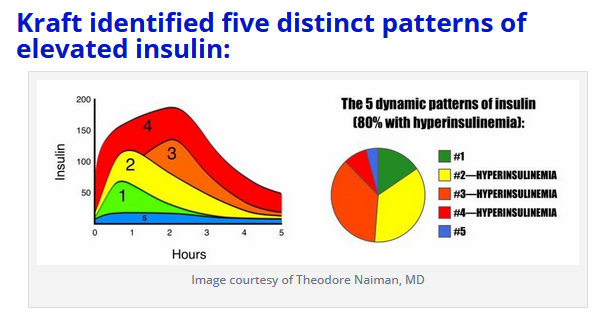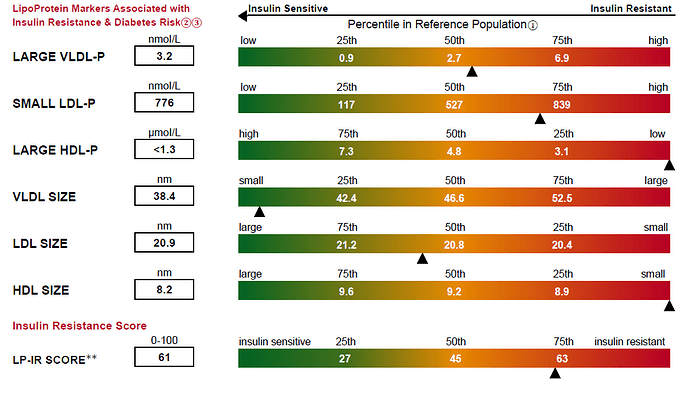I’ve struggled with my blood sugar for a long time and been insulin resistant for a few years.
Going into menopause, I’ve also gained weight for the first time in my life and no amount of Keto/ fasting/ whatever is shifting it.
Went to the Dr’s yesterday and my regular Dr was on holidays and the replacement was very annoying and useless.
I got sent on my way with a 3 month prescription of Metformin. She called it a “miracle drug” and said it’s “great for everything” and “it’s better than Ozempic”.
It was weird… It sounded like an advert for Metformin, to me.
I’m completely confused, unsure and in two minds as to whether to take it or not… Or whether to try it for a while…?
Anyone got any helpful pro/ contra thoughts about Metformin, to help me make a decision?




 …
…